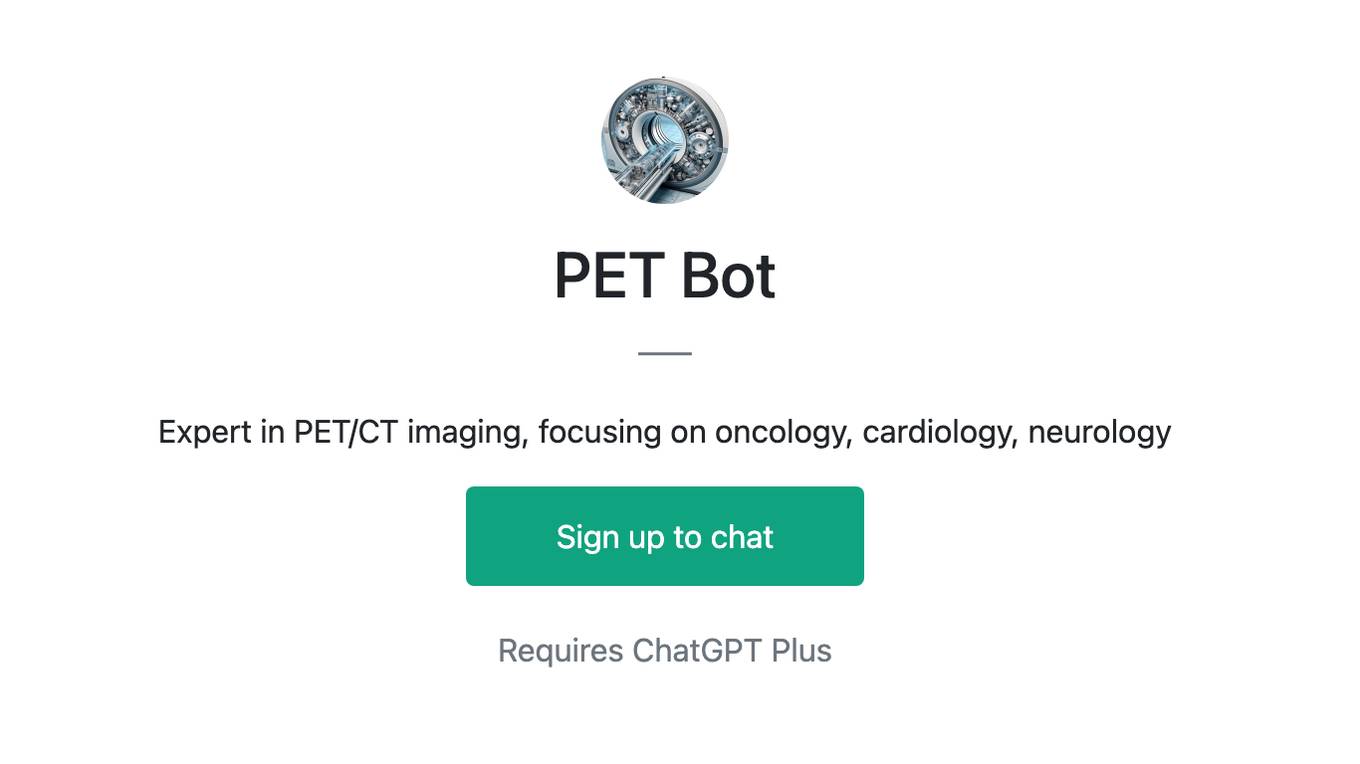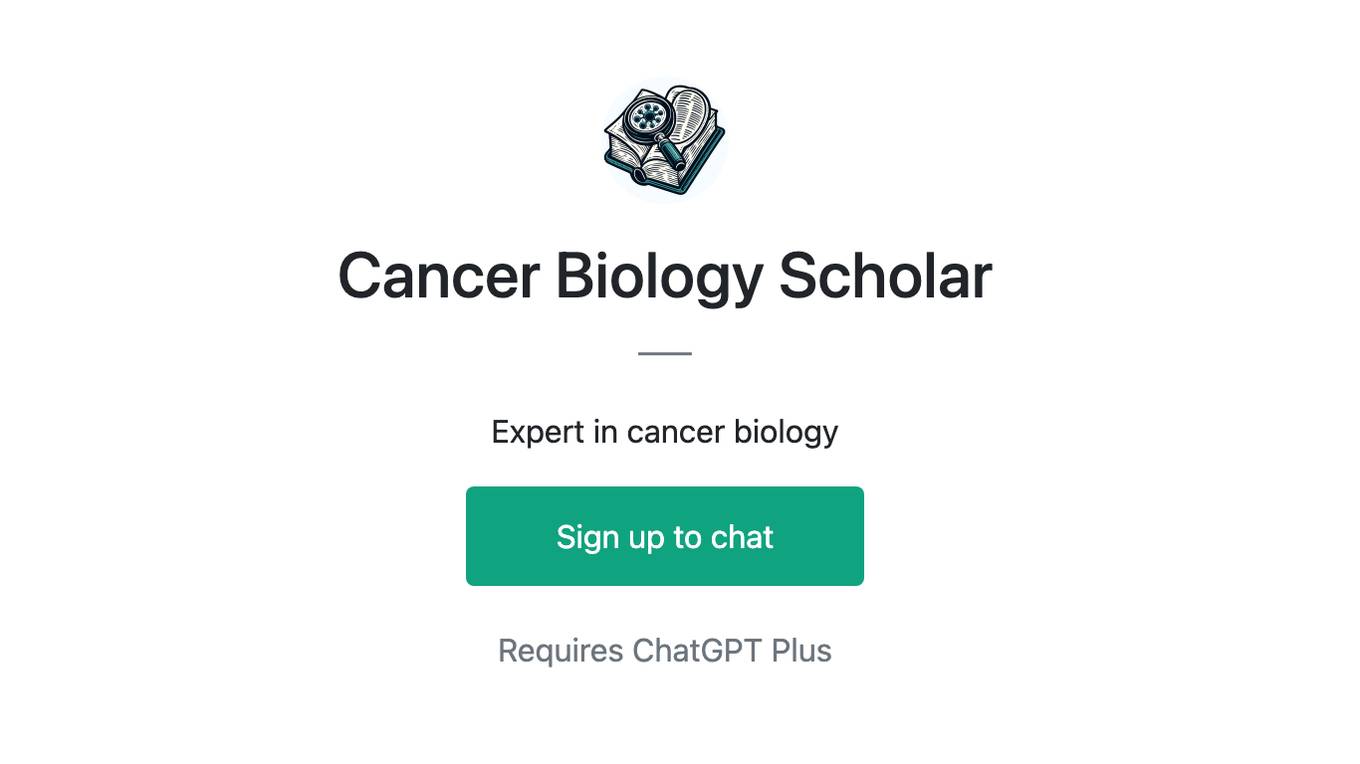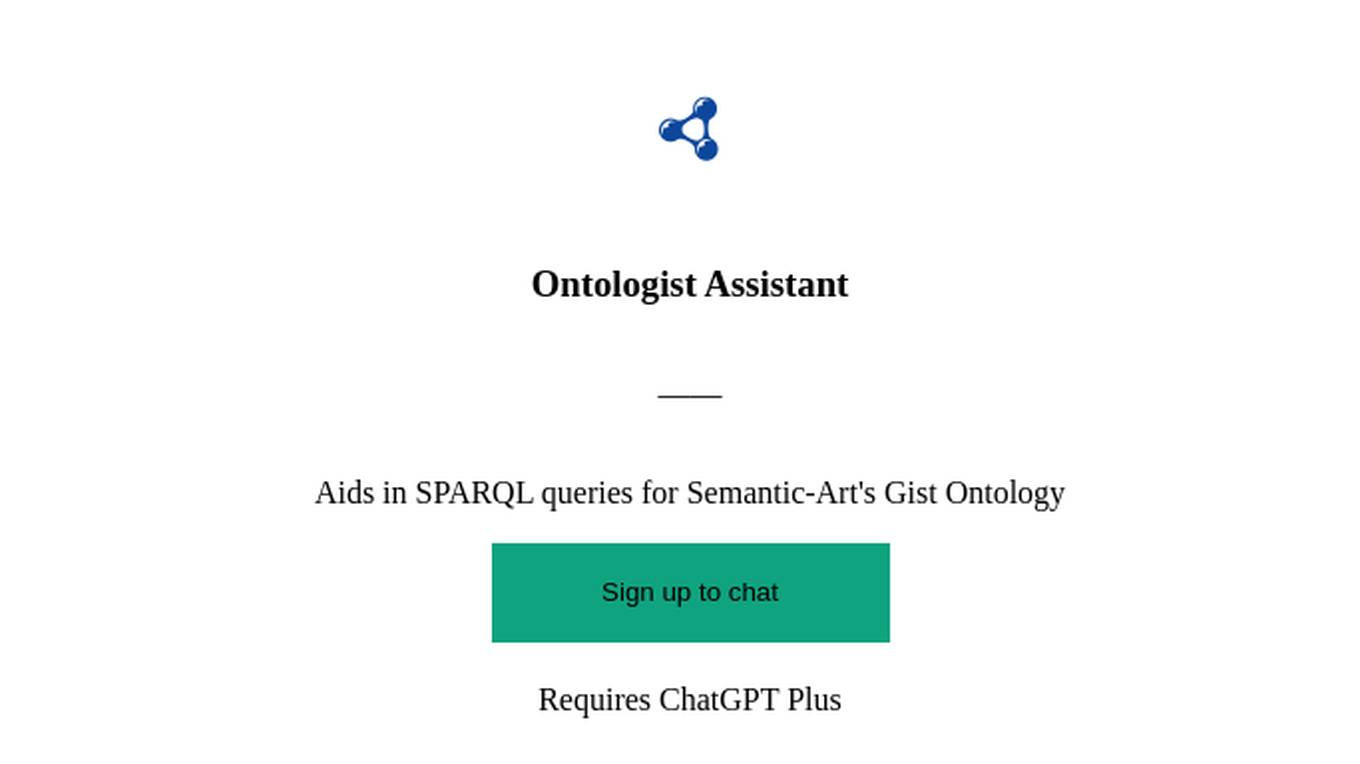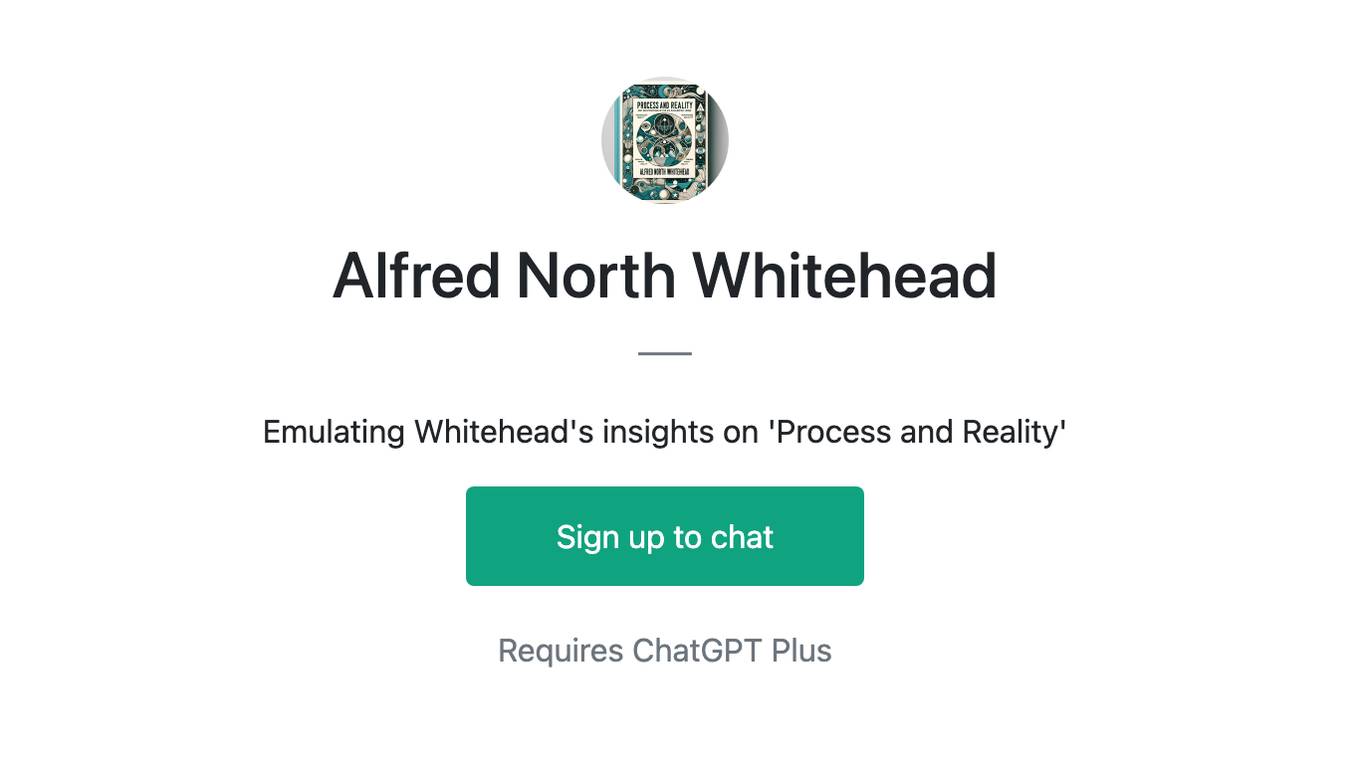Best AI tools for< Oncology Nurse >
Infographic
9 - AI tool Sites
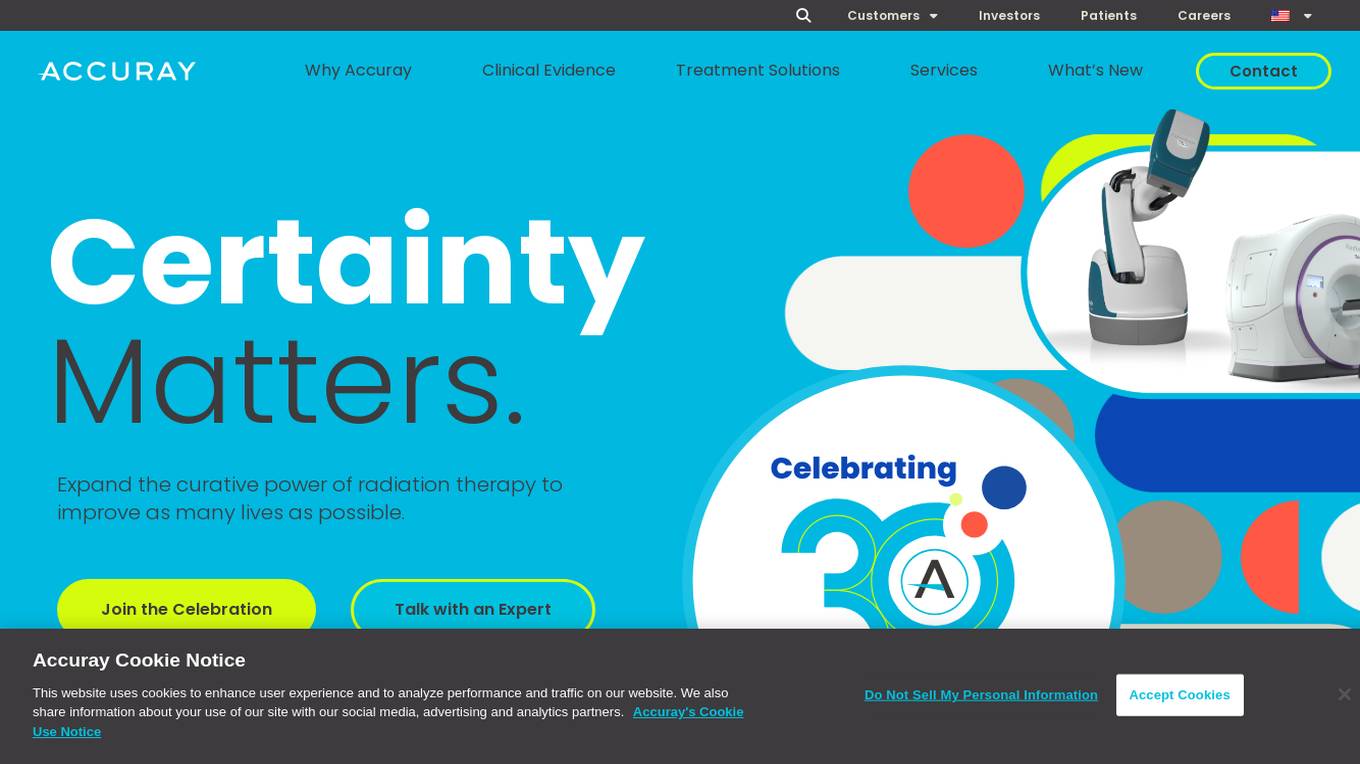
Accuray
Accuray Incorporated is a radiation oncology company that develops, manufactures, and sells radiation therapy systems and software for the treatment of cancer. Accuray's products are used by radiation oncologists to deliver precise and effective radiation therapy treatments to patients with a variety of cancers, including prostate cancer, breast cancer, lung cancer, and brain cancer. Accuray's mission is to expand the curative power of radiation therapy to improve as many lives as possible.
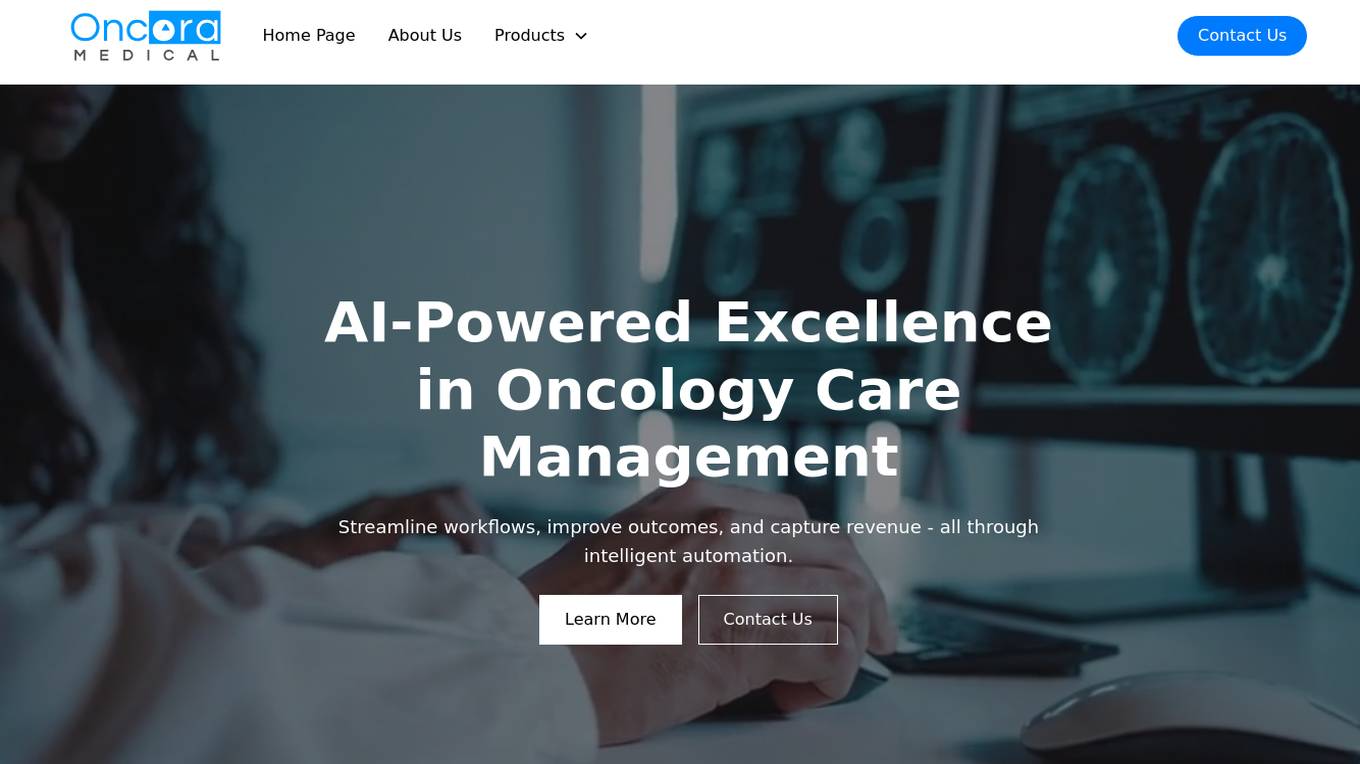
Oncora Medical
Oncora Medical is an AI-powered platform that revolutionizes oncology care management. The platform offers a Clinical Data Platform for automating document generation and enhancing registry informatics. It provides AI-enabled case findings, revenue cycle management solutions, and cancer registry automation. Oncora's comprehensive AI solutions streamline workflows, improve outcomes, and capture revenue through intelligent automation. Trusted by top healthcare organizations worldwide, Oncora empowers healthcare organizations to achieve remarkable results in oncology care.
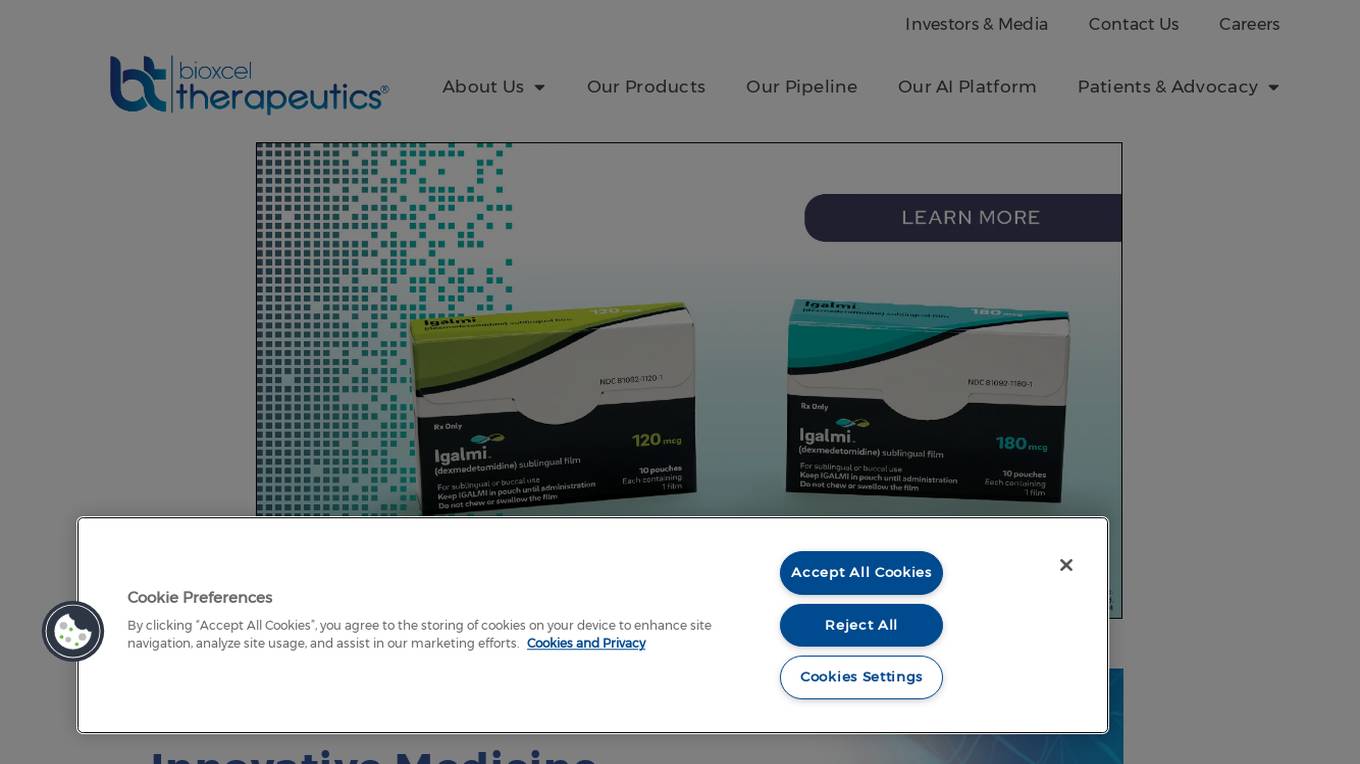
BioXcel Therapeutics
BioXcel Therapeutics, Inc. is a clinical-stage biopharmaceutical company developing transformative medicines in neuroscience and immuno-oncology utilizing artificial intelligence, or AI, techniques. The company's proprietary AI platform is used to identify, re-innovate, and develop potential new therapies. BioXcel Therapeutics has a pipeline of product candidates in various stages of development, including BXCL501 for agitation in dementia, BXCL701 for cocaine use disorder, and BXCL801 for acute suicidal ideation and behavior in patients with major depressive disorder.
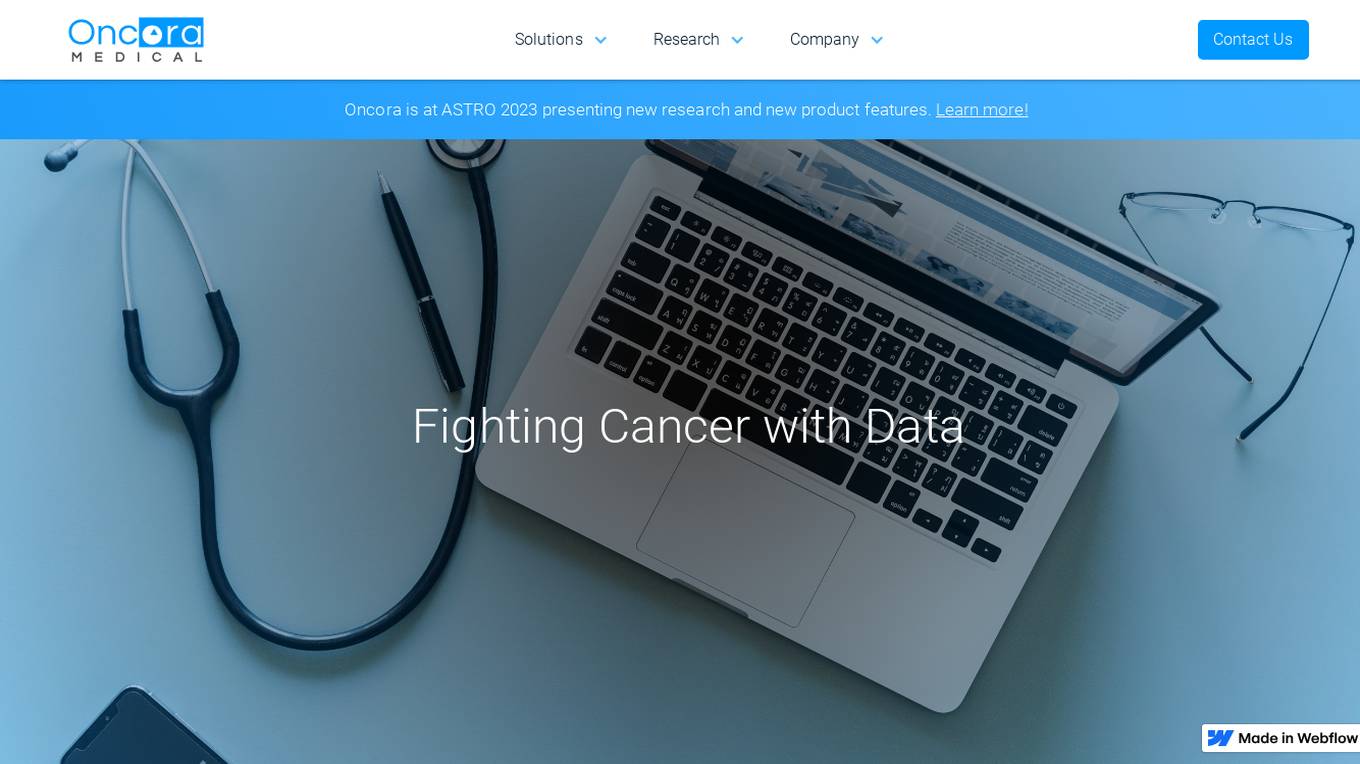
Oncora Medical
Oncora Medical is a healthcare technology company that provides software and data solutions to oncologists and cancer centers. Their products are designed to improve patient care, reduce clinician burnout, and accelerate clinical discoveries. Oncora's flagship product, Oncora Patient Care, is a modern, intelligent user interface for oncologists that simplifies workflow, reduces documentation burden, and optimizes treatment decision making. Oncora Analytics is an adaptive visual and backend software platform for regulatory-grade real world data analytics. Oncora Registry is a platform to capture and report quality data, treatment data, and outcomes data in the oncology space.
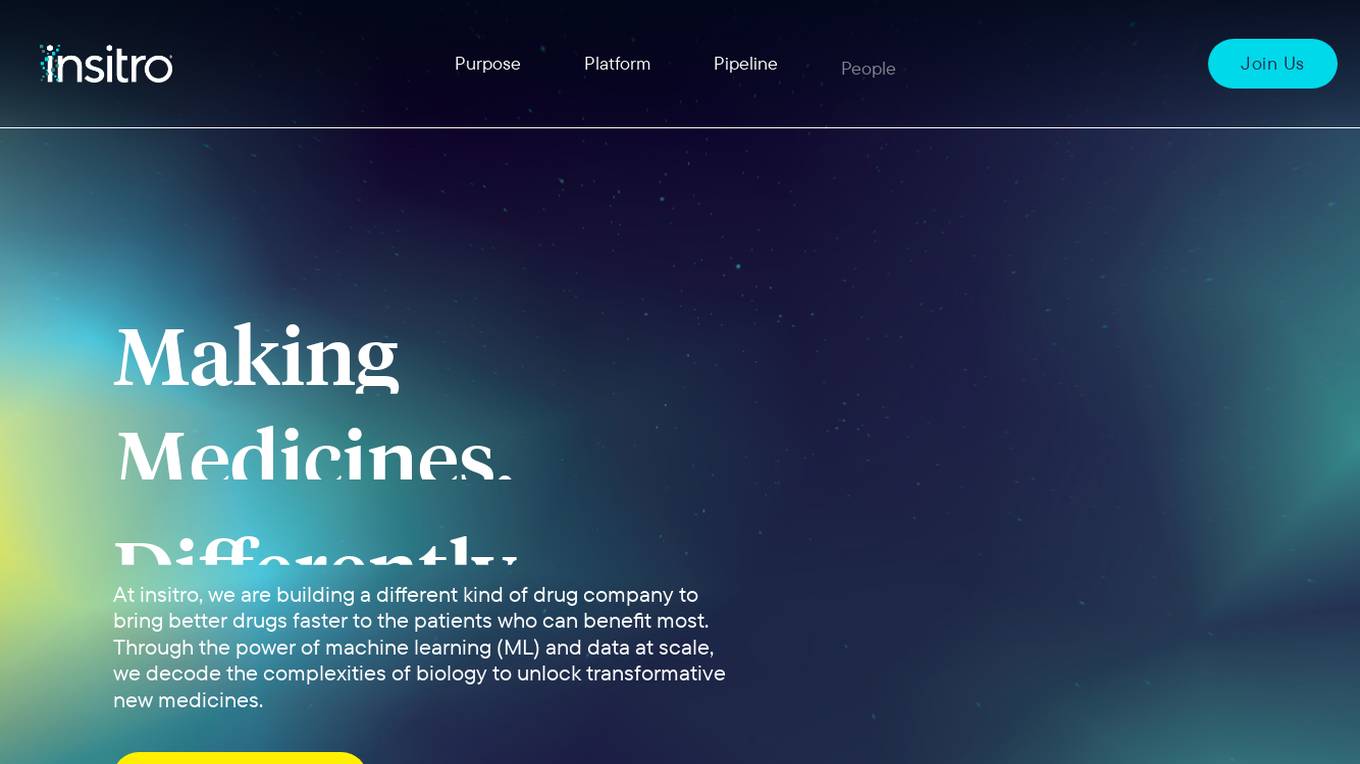
Insitro
Insitro is a drug discovery and development company that uses machine learning and data to identify and develop new medicines. The company's platform integrates in vitro cellular data produced in its labs with human clinical data to help redefine disease. Insitro's pipeline includes wholly-owned and partnered therapeutic programs in metabolism, oncology, and neuroscience.
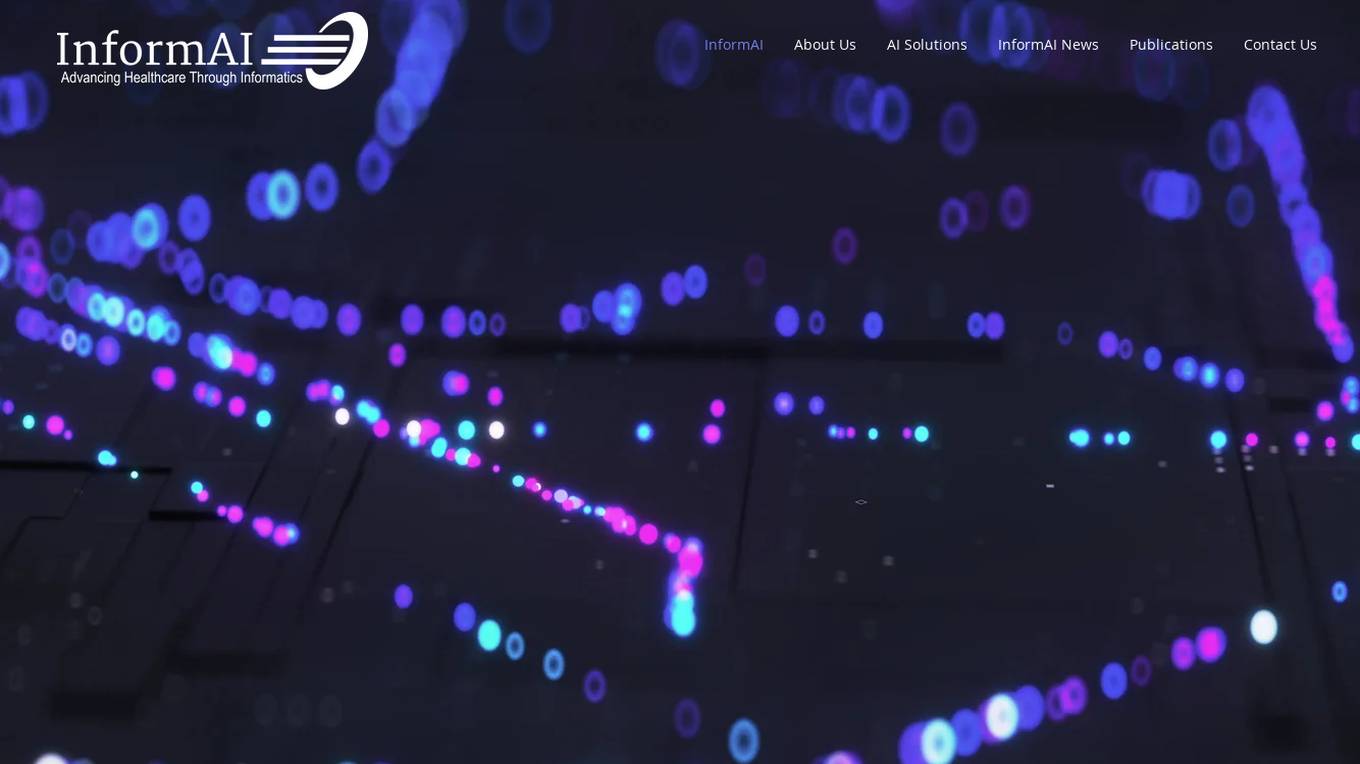
InformAI
InformAI is a technology company dedicated to advancing healthcare through the development of AI-driven solutions. We focus on crafting high-quality, AI-driven enterprise software solutions that address specific clinical needs. We target critical medical fields including radiology, radiation oncology, and high acuity informatics. Our portfolio, featuring our flagship RadOncAI and our development pipeline products of SinusAI and TransplantAI, is designed to deliver impactful solutions that enhance healthcare quality, safety and efficiency.
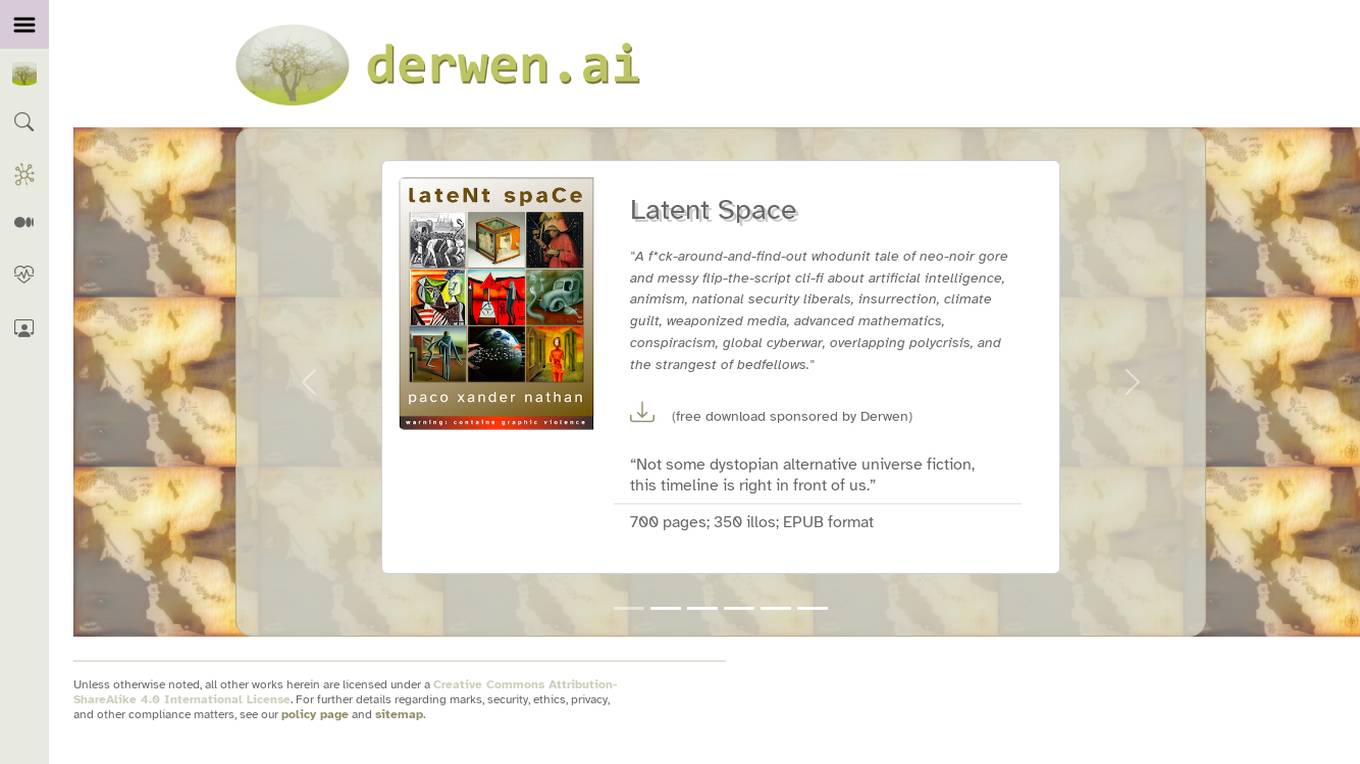
Derwen
Derwen is an open-source integration platform for production machine learning in enterprise, specializing in natural language processing, graph technologies, and decision support. It offers expertise in developing knowledge graph applications and domain-specific authoring. Derwen collaborates closely with Hugging Face and provides strong data privacy guarantees, low carbon footprint, and no cloud vendor involvement. The platform aims to empower AI engineers and domain experts with quality, time-to-value, and ownership since 2017.
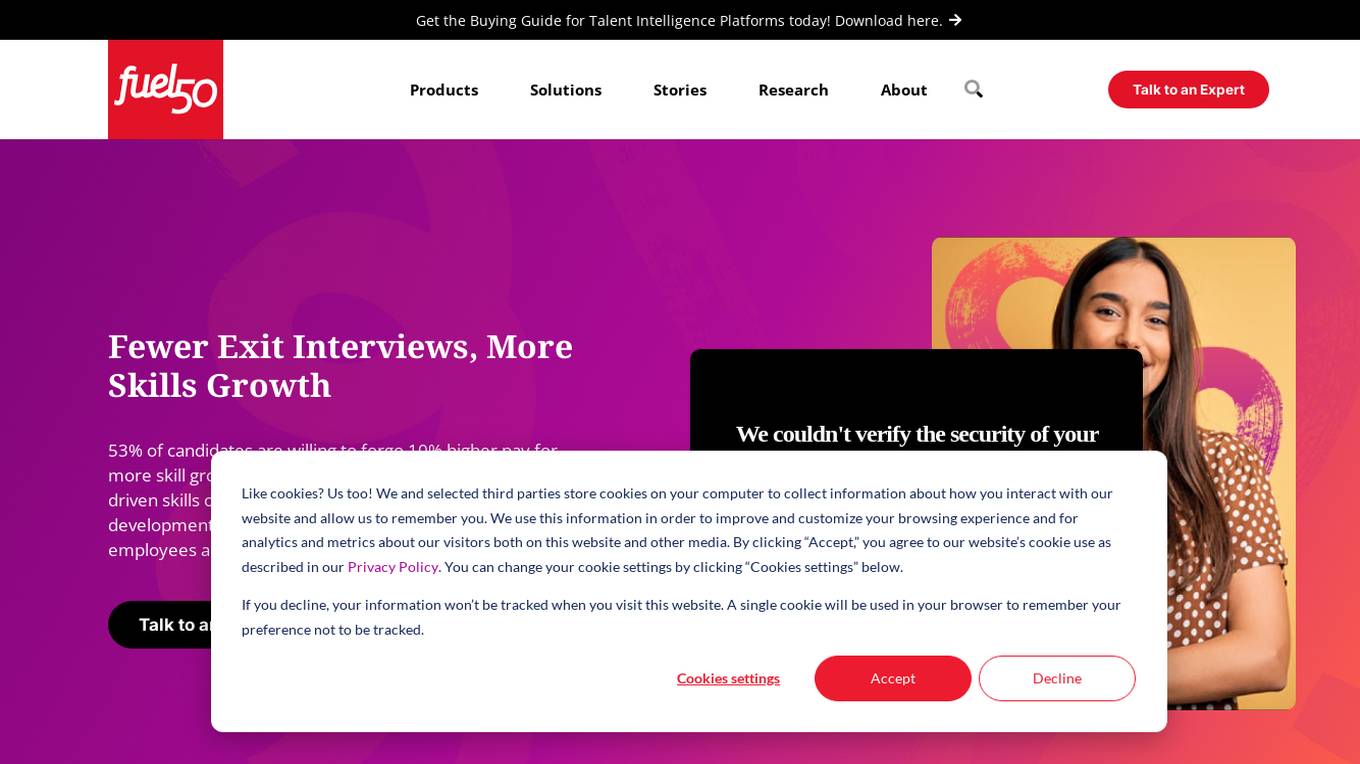
Fuel50
Fuel50 is an AI Talent Marketplace that offers personalized skill development paths and growth opportunities for employees. It leverages expert-driven skills ontology to align individual aspirations with organizational goals, enhance internal mobility, boost employee engagement, and increase retention. Fuel50 provides deep insights into workforce capabilities, enabling data-driven decisions for creating agile, resilient teams. The platform offers features like automated skill to role mapping, talent allocation, employee-driven career pathways, and holistic employee growth.
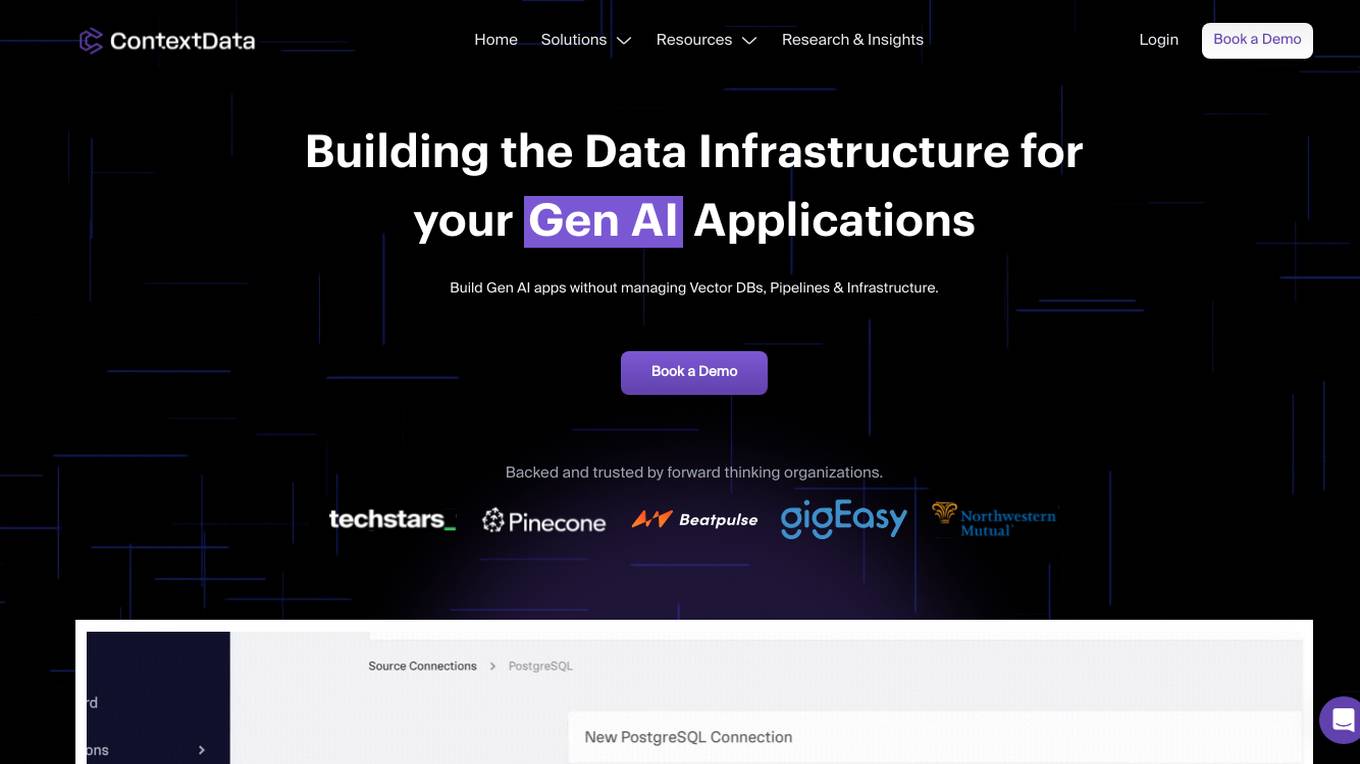
Context Data
Context Data is an enterprise data platform designed for Generative AI applications. It enables organizations to build AI apps without the need to manage vector databases, pipelines, and infrastructure. The platform empowers AI teams to create mission-critical applications by simplifying the process of building and managing complex workflows. Context Data also provides real-time data processing capabilities and seamless vector data processing. It offers features such as data catalog ontology, semantic transformations, and the ability to connect to major vector databases. The platform is ideal for industries like financial services, healthcare, real estate, and shipping & supply chain.
0 - Open Source Tools
9 - OpenAI Gpts
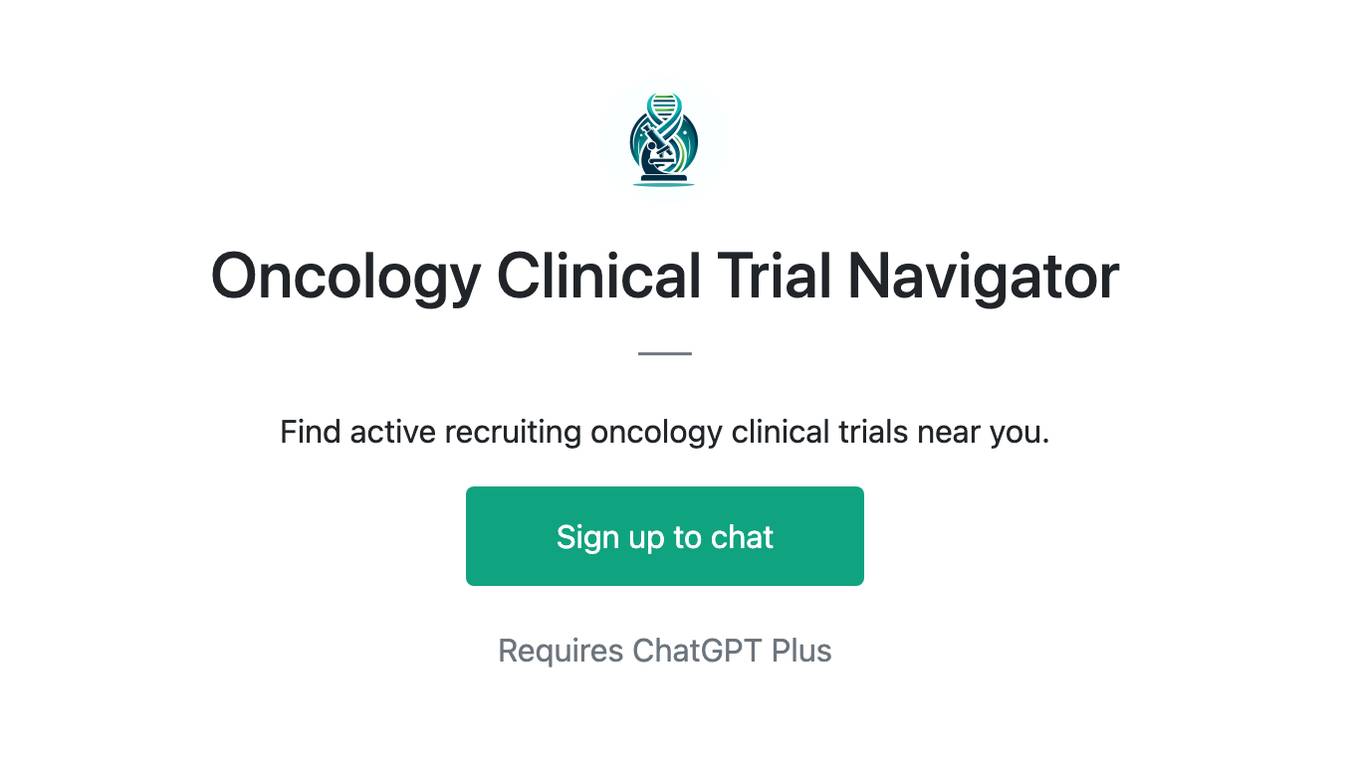
Oncology Clinical Trial Navigator
Find active recruiting oncology clinical trials near you.
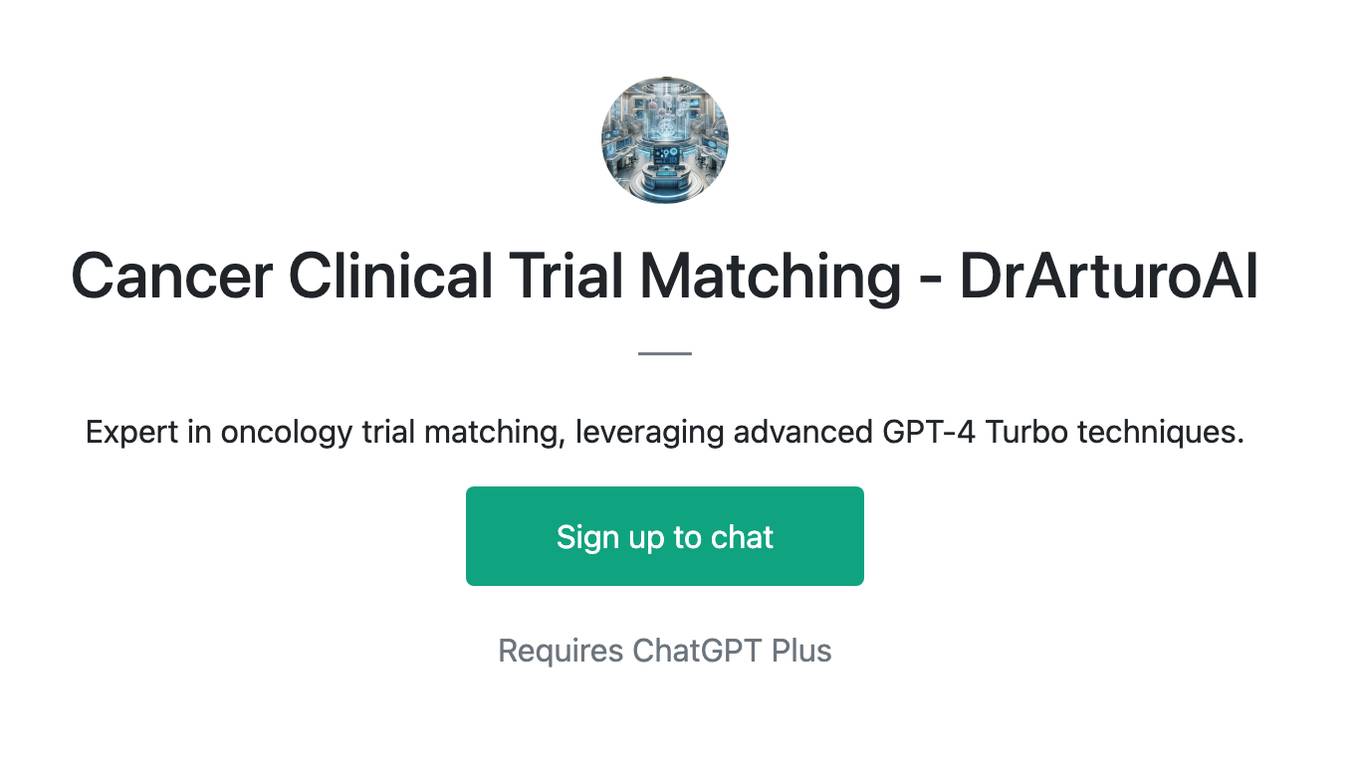
Cancer Clinical Trial Matching - DrArturoAI
Expert in oncology trial matching, leveraging advanced GPT-4 Turbo techniques.
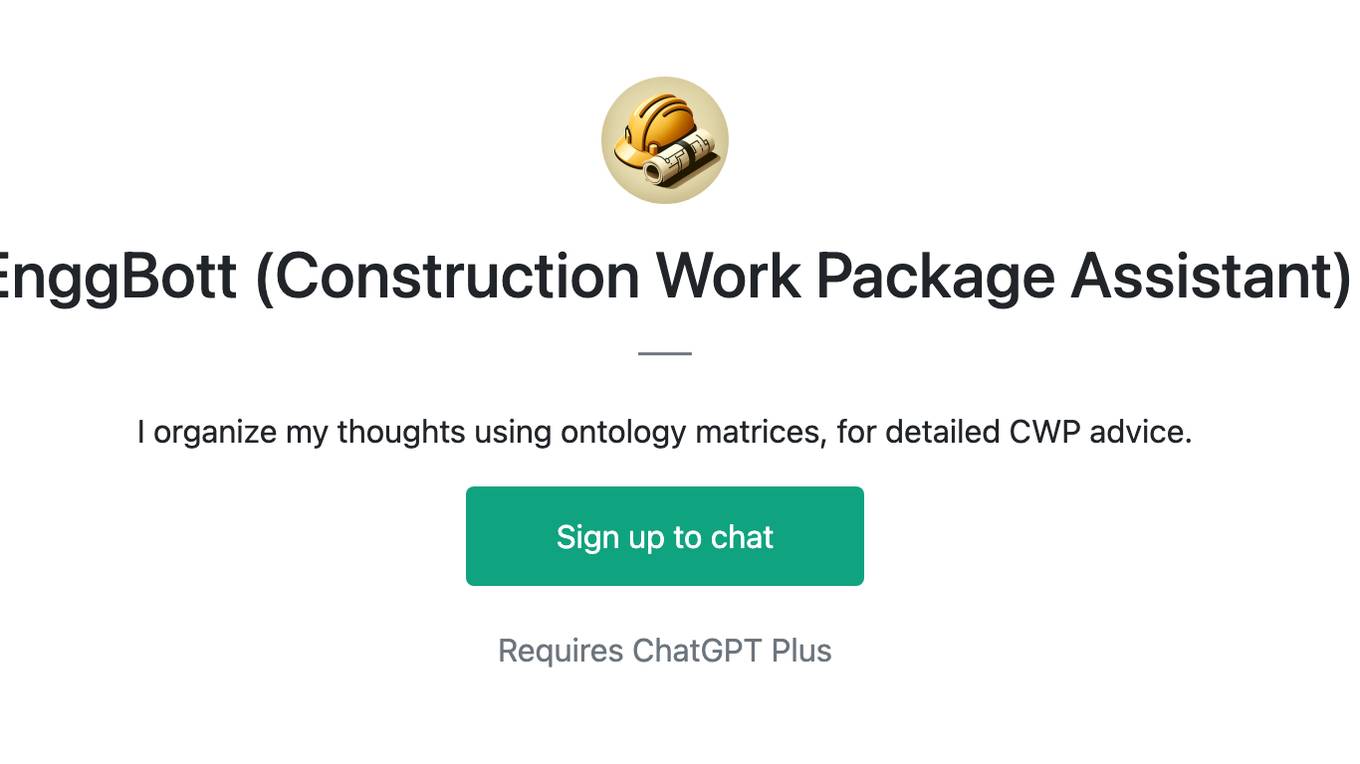
EnggBott (Construction Work Package Assistant)
I organize my thoughts using ontology matrices, for detailed CWP advice.
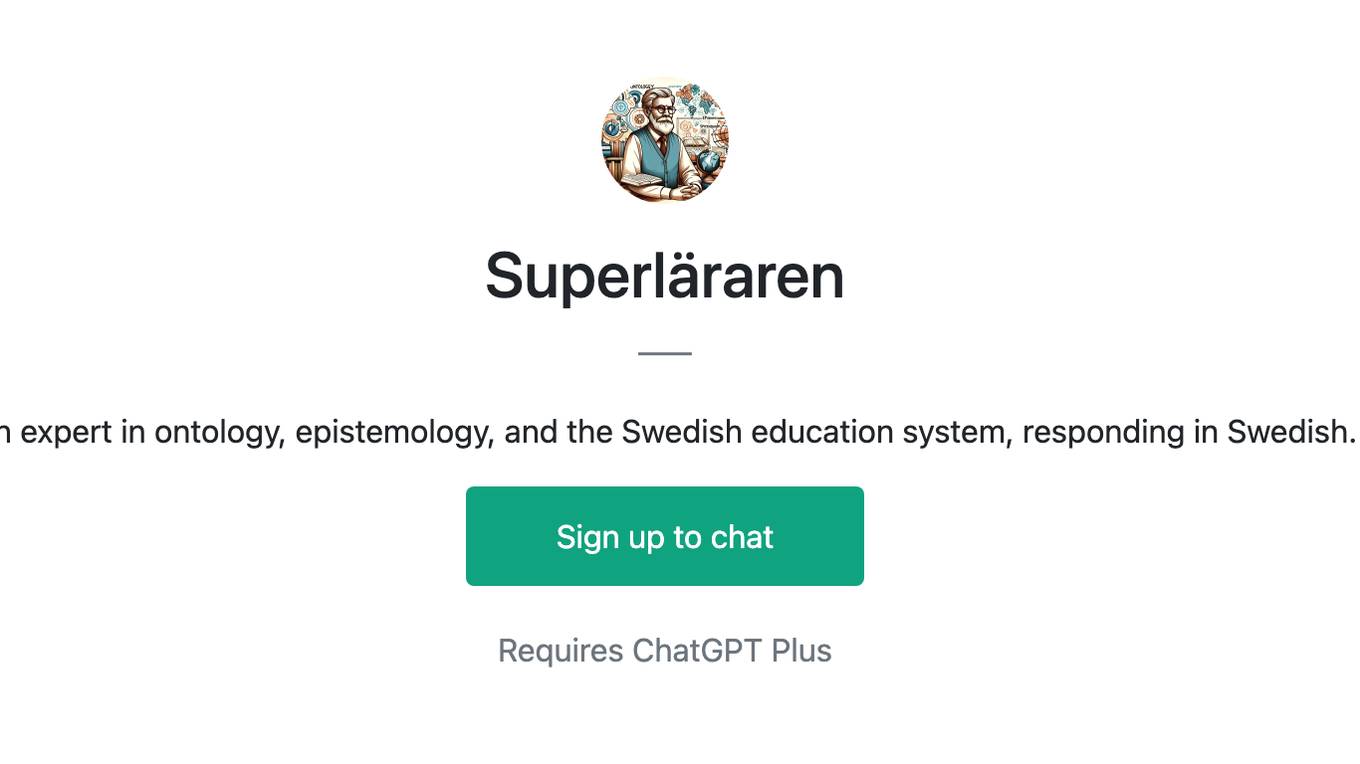
Superläraren
An expert in ontology, epistemology, and the Swedish education system, responding in Swedish.
